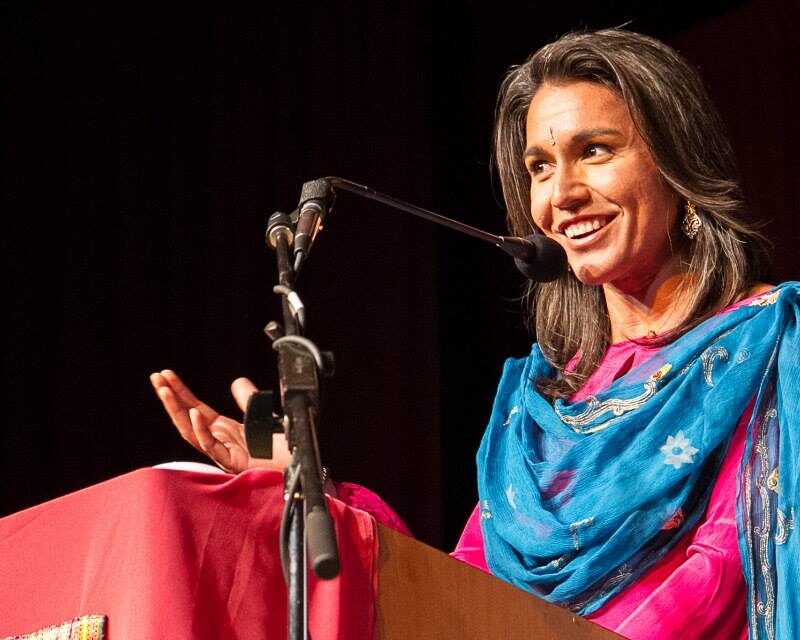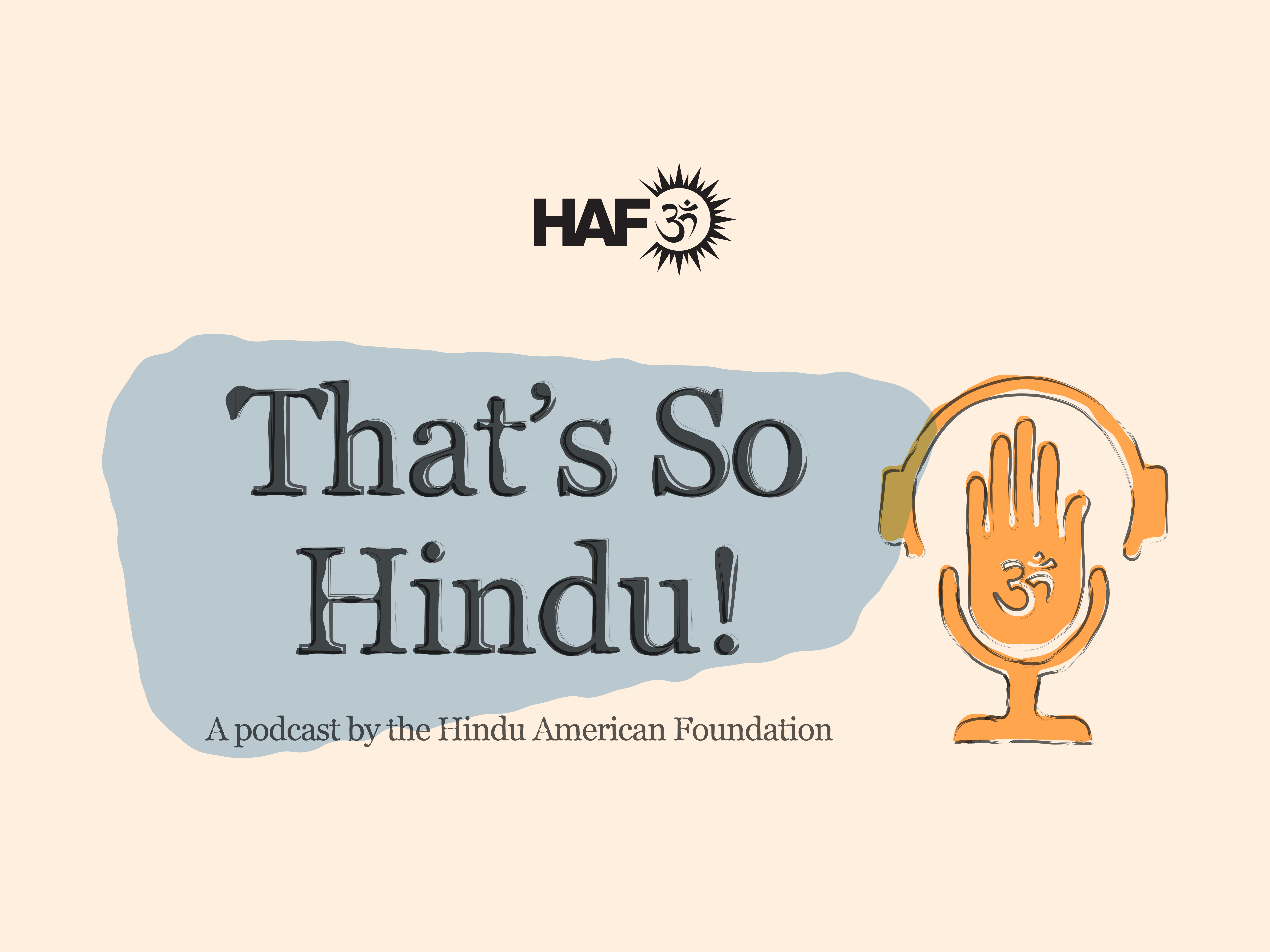
Should religious charities that receive federal grant money be allowed to discriminate in hiring?
Dozens of major religious groups and denominations are urging Atty. Gen. Eric H. Holder Jr. to renounce a Bush-era memo that allows faith-based charities that receive federal funding to discriminate in hiring.
Should religious charities that receive federal grant money be allowed to discriminate in hiring?
An accounting of the imprudent decisions and fatuous choices made during Bush II will likely regale historians for decades to come. And while the former president was buffeted between a polarity of pressures, it was when he capitulated to the right wing of the Republican party, did he stray the farthest from our Constitution and inflict the greatest damage on our bedrock principle of the separation of church and state. Partnering with faith-based charities in the delivery of crucial social services conceptually always flirted with basic violations of the First Amendment; execution of the concept went well beyond flirtation.
Goaded by chauvinistic far-right organizations–James Dobson’s Focus on the Family, for example–the second Bush Administration unleashed its creative energies into convenient interpretations of the Religious Freedom Restoration Act (RFRA) empowering spectacular violations of basic protections.
Funneling taxpayer money directly to a church based group that also runs a soup kitchen seems benign; but a previously closed door was now opened. It takes some restraint to prevent a truck from driving through that opening–the previous administration showed no such restraint.
So, for example, as a Hindu American taxpayer in Minnesota, my federal tax dollars could go to a church in Alabama that runs the soup kitchen. But that church could use money saved due to federal funding to sponsor a mission trip to India to coerce Hindus to convert and join its ranks. And if a Cambodian American citizen who practices Buddhism were to apply to a server position at the church, that person could be denied the position unless he were to convert. Such is the perverse reality in a world where the seemingly benign door is opened.
The White Office of Faith-Based and Community Initiatives remains viable today due to President Obama’s patronage. And Joshua DuBois, its precocious director, is committed to restoring transparency. But the task is not simple, and the array of landmines extant at inception remain today.
Today, virtually no faith based groups based in non-Abrahamic faiths receive any federal largesse. It is not that they are not involved in community service or outreach. But representing minority faiths has necessarily limited resources and infrastructure for these groups. A concerted effort to educate these organizations and comprehensively work to include many more faiths is critical to ensuring legitimacy of this concept.
More minority faith groups need representation, and only groups that commit to federal standards in hiring practices and upholding the Establishment Clause asserting the separation of church and state should be beneficiaries. These criteria are so obvious and clear–if you get federal funding, respect federal laws–it is unbelievable that they were flouted so overtly during the Bush years.
Our Hindu American Foundation has joined several advocacy groups and diverse faith organizations in supporting the Interfaith Alliance in writing to Attorney General Holder to reverse careless liberties the Bush Administration took with the Establishment Clause of the First Amendment. We should all insist on the same. Some doors are better left closed.
Views expressed here are the personal views of Dr. Aseem Shukla, and do not necessarily represent those of the University of Minnesota or Hindu American Foundation.








































